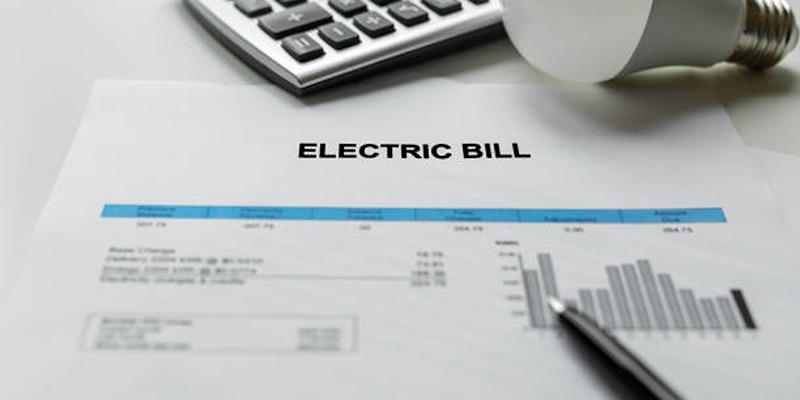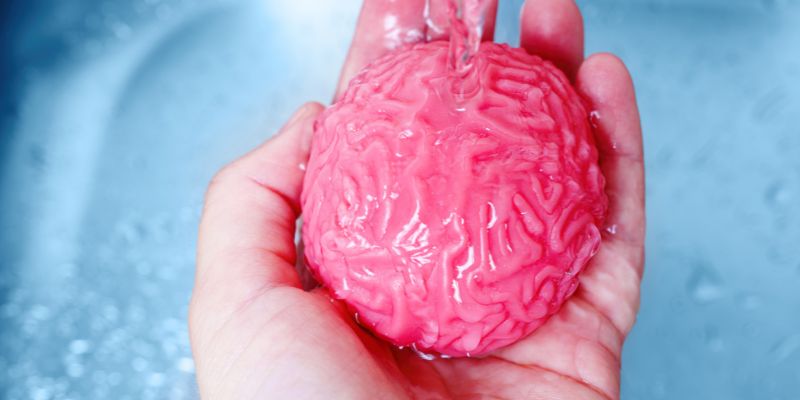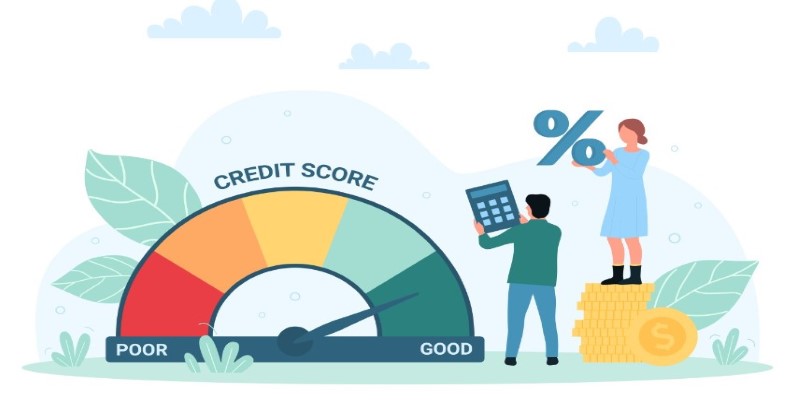Electrolytes are essential for the proper functioning of our bodies. They maintain hydration, support nerve and muscular activity, and assist in controlling fluid balance. Many people use electrolyte drinks to restore lost minerals after exercise or on a hot day. Although drinking liquids high in electrolytes seems healthful, overindulgence can cause issues.
Too high electrolyte levelssuch as those of sodium or potassiummay throw off your body and result in major medical hazards. This article will discuss what electrolytes do, our needs, and what happens when you overindulge. Knowing the impacts of electrolytes can help you preserve a good balance, whether your goal is to stay hydrated or you are an athlete. Let's explore the hazards and advantages of these vital minerals to see whether you can drink too many electrolytes.

What Are Electrolytes?
Electrolytes are Ions. In our bodies, they bear an electric charge. Signals are sent between cells using this charge. Many body processes depend on electrolytes. They assist muscle contraction, control blood pressure, and preserve fluid balance. The most often used electrolytes are listed here, together with their purposes:
- Sodium: Extracellular fluid mostly consists of sodium, a basic electrolyte. It facilitates control of blood pressure and volume. Muscle contraction and nerve activity also depend critically on sodium.
- Potassium: A mineral essential for heart health, potassium controls muscular action and heart rate. Furthermore, potassium helps fluid equilibrium and nerve messages.
- Calcium: Although it's well-known for maintaining bone health, muscle action depends on this mineral. It helps muscles both relax and contract.
- Magnesium: The mineral engages in more than three hundred body-wide metabolic activities. It facilitates nerve and muscle action. Magnesium also helps control blood pressure and blood sugar levels.
- Chloride: Usually working with sodium, this electrolyte aids digestion and preserves fluid balance. Stomach acid consists in part of chloride.
How Do We Get Electrolytes?
Electrolytes are mostly acquired from the foods we eat. Many fruits, vegetables, dairy products, nuts, and seeds are rich in electrolytes. Excellent potassium sources include spinach, oranges, and bananas. Calcium and magnesium abound in dairy products, including cheese and milk. A balanced diet guarantees our natural acquisition of these vital elements. Apart from meals, electrolyte drinks and supplements have gained popularity, particularly among those with hectic lives.
Those who participate in extreme physical activity or sports sometimes turn to these drinks to restore depleted electrolytes. The body loses electrolytes from sweat during exercise, so water alone might not be sufficient to restore balance. After hard exercise, electrolyte drinkswhich include minerals like sodium, potassium, and magnesiumcan help rehydrate and replenish the body.
How Much Electrolyte Do We Need?
The needed electrolyte level differs based on age, gender, exercise degree, and health. Most people find that a balanced diet supplies enough electrolytes. The Dietary Reference Intakes (DRIs) can guide daily intake.
- Sodium: The daily advised consumption is about 2,300 mg. However, most people eat far more. High salt intake might cause medical problems.
- Potassium: Adults should try for 2,500 to 3,000 mg daily. Most people are not getting enough potassium.
- Calcium: Adults should consume roughly 1,000 milligrams of calcium daily. Men over 70 and women over 50 have greater requirements.
- Magnesium: Adult men should consume between 400 and 420 mg of this mineral, while women should consume 310320 mg.
- Chloride: Adults should try 2,300 mg daily, the same as sodium.

Risks of Consuming Too Many Electrolytes
Although electrolytes are vital, too much of them can cause health issues. One might overconsume food, beverages, or supplements. Here are several hazards connected to too high electrolyte consumption:
- Hypernatremia (High Sodium Levels): Too much sodium intake can result in high sodium levels or hypernatremia. This disorder can cause high blood pressure, which can lead to heart disease. Confusion, muscular twitching, and thirst are among the symptoms.
- Hyperkalemia (High Potassium Levels): Eating too much potassium can lead to hyperkalemia or high potassium levels. This disorder influences cardiac rhythm. Symptoms could call for heart palpitations, weakness, and tiredness. Severe cases sometimes cause death.
- Hypercalcemia (High Calcium Levels): High calcium levels can cause hypercalcemiatoo much calcium. Kidney stones, nausea, and confusion can all result from this disorder, which can also interfere with other minerals' absorption.
- Hypermagnesemia (High Magnesium Levels): High magnesium levels, or hypermagnesemia, can result from too much magnesium consumption. Among the symptoms include irregular pulse, nausea, and muscle weakness. Severe situations could call for professional help.
- Fluid Imbalance: Too high electrolytes might cause fluid retention. The kidneys may suffer, and edema may result as well. High blood pressure and other issues can also follow.
How to Maintain a Healthy Balance?
The key is keeping a good electrolyte balance. These pointers help you to guarantee the proper dosage:
- Eat a Balanced Diet: Pay special attention to whole foods. Plan your meals, including fruits, veggies, dairy, and nuts. It will enable you to get many electrolytes organically.
- Stay Hydrated: Throughout the day, sip lots of water. It supports fluid equilibrium. Think about electrolyte drinks during very demanding activity. Just use them as necessary.
- Monitor Your Intake: Think about how much potassium and salt you eat. Reading labels can guide your decisions through knowledge.
- Listen to Your Body: Look for indicators of unbalance. Not to be disregarded are symptoms such as tiredness, muscular cramps, or irregular heartbeat. See a doctor if you exhibit these symptoms.
- Consult a Professional: If your health worries call for it, see a professional. They can offer individualized suggestions.
Conclusion:
Electrolytes are vital for maintaining our body's general health, but balance is vital. Although they help important processes, such as nerve communication, muscle movement, and hydration, too many electrolytes can cause major medical problems. Unbalances include hypernatremia, hyperkalemia, or hypercalcemia brought on by overconsumption, which could range in symptoms from tiredness to cardiac problems.
Consuming electrolytes from a balanced diet is the best way to get them; take electrolyte drinks only when necessary for extreme physical activity. Maintaining a good electrolyte balance for your well-being depends on paying attention to your body's needs and seeing a healthcare practitioner.







